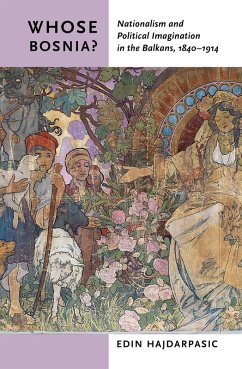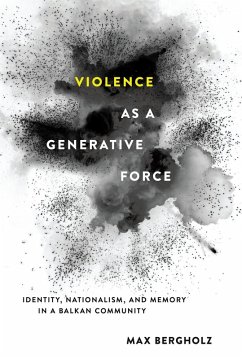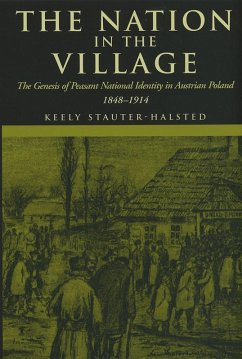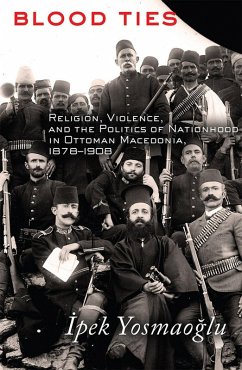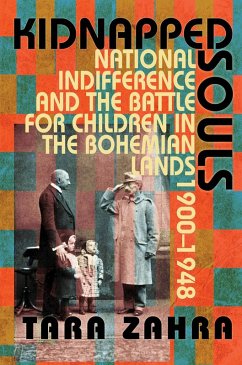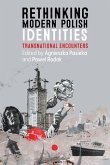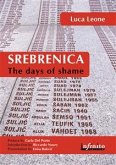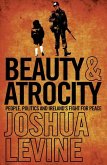As Edin Hajdarpasic shows, formative contestations over Bosnia and the surrounding region began well the assassination that triggered World War I, emerging with the rise of new nineteenth-century forces-Serbian and Croatian nationalisms, and Ottoman, Habsburg, Muslim, and Yugoslav political movements-that claimed this province as their own. Whose Bosnia? reveals the political pressures and moral arguments that made Bosnia a prime target of escalating nationalist activity.
Hajdarpasic provides new insight into central themes of modern politics, illuminating core subjects like "the people," state-building, and national suffering. Whose Bosnia? proposes a new figure in the history of nationalism: the (br)other, a character signifying the potential of being "brother" and "Other," containing the fantasy of complete assimilation and insurmountable difference. By bringing this figure into focus, Whose Bosnia? shows nationalism to be a dynamic and open-ended force, one that eludes a clear sense of historical closure.
Hajdarpasic provides new insight into central themes of modern politics, illuminating core subjects like "the people," state-building, and national suffering. Whose Bosnia? proposes a new figure in the history of nationalism: the (br)other, a character signifying the potential of being "brother" and "Other," containing the fantasy of complete assimilation and insurmountable difference. By bringing this figure into focus, Whose Bosnia? shows nationalism to be a dynamic and open-ended force, one that eludes a clear sense of historical closure.
Dieser Download kann aus rechtlichen Gründen nur mit Rechnungsadresse in A, D ausgeliefert werden.

